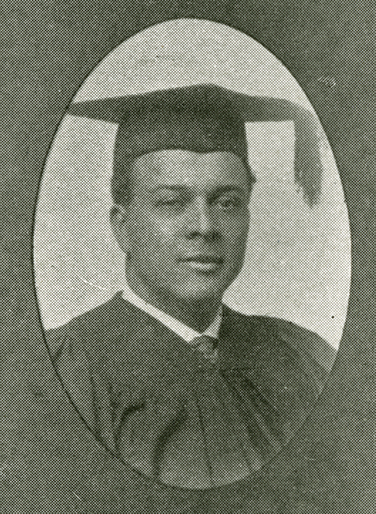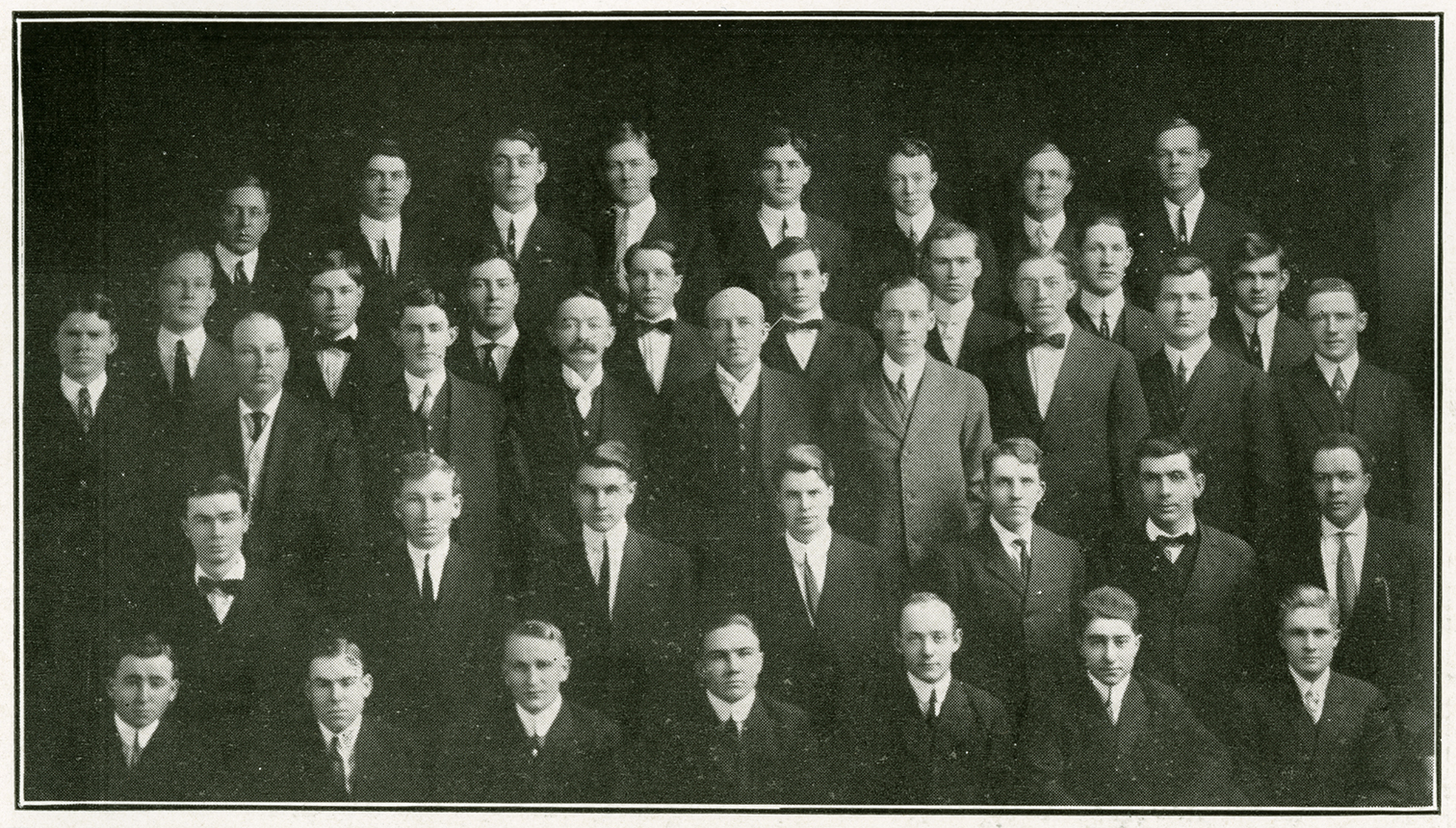You won’t find Thomas W. Stewart listed among the most influential civil rights figures in U.S. history. He wasn’t the first student to graduate from the fledgling veterinary medicine program at Colorado Agricultural College. And he isn’t the most famous alumnus of the renowned veterinary program at Colorado’s land-grant university.
But Stewart, who earned his Doctor of Veterinary Medicine in 1914, served a vitally important role in the history of what is now the College of Veterinary Medicine and Biomedical Sciences at Colorado State University. As the first African American graduate of the program, he paved the way for others and reinforced the college’s commitment to provide educational opportunities to all students willing to learn.
Stewart, born in approximately 1884, arrived in Fort Collins in 1911 after graduating from Fisk University, a historically black college in Nashville, Tennessee. He graduated from the three-year course in veterinary medicine 18 years after Grafton Norman became CAC’s first African American , who earned a degree in mechanical engineering.

Stewart was active in the Veterinary Medical Association on campus and gave several talks to the group during his senior year. He became a veterinary inspector for the U.S. Department of Agriculture in Kansas City, Missouri, after graduation, and little is known about his later life.
Influence on veterinary education

Thomas Stewart (second row from bottom, far right)
Stewart, though, had opened the door for others to follow, and among them was George W. Cooper, the second African American to earn his D.V.M. from CAC in 1918. He established a large animal clinic upon graduation and spent the next 25 years working in Keenesburg, Colorado, south of Greeley.
When the famed Tuskegee Institute in Alabama – another historically black college – decided to add veterinary medicine to its academic offerings in 1945, Cooper was offered a faculty position as head of the Department of Large Animal Medicine and Surgery. Tuskegee had earned fame by training the Tuskegee Airmen, an all-black fighter squadron that flew in World War II, in its flight school. Among its alumni was John Mosley, the first African American to letter in athletics at Colorado State University history and the 2017 recipient of the university’s Founders Day Medal.
Although Cooper and the other seven original faculty members at Tuskegee had no previous teaching experience, Tuskegee became the go-to school for African Americans hoping to become veterinarians in post-World War II America. Cooper, among the first blacks to join the American Veterinary Medical Association, retired from Tuskegee in 1969 after making a lasting impact – today nearly 75 percent of the African American veterinarians are Tuskegee graduates.
Cooper died in 1978.